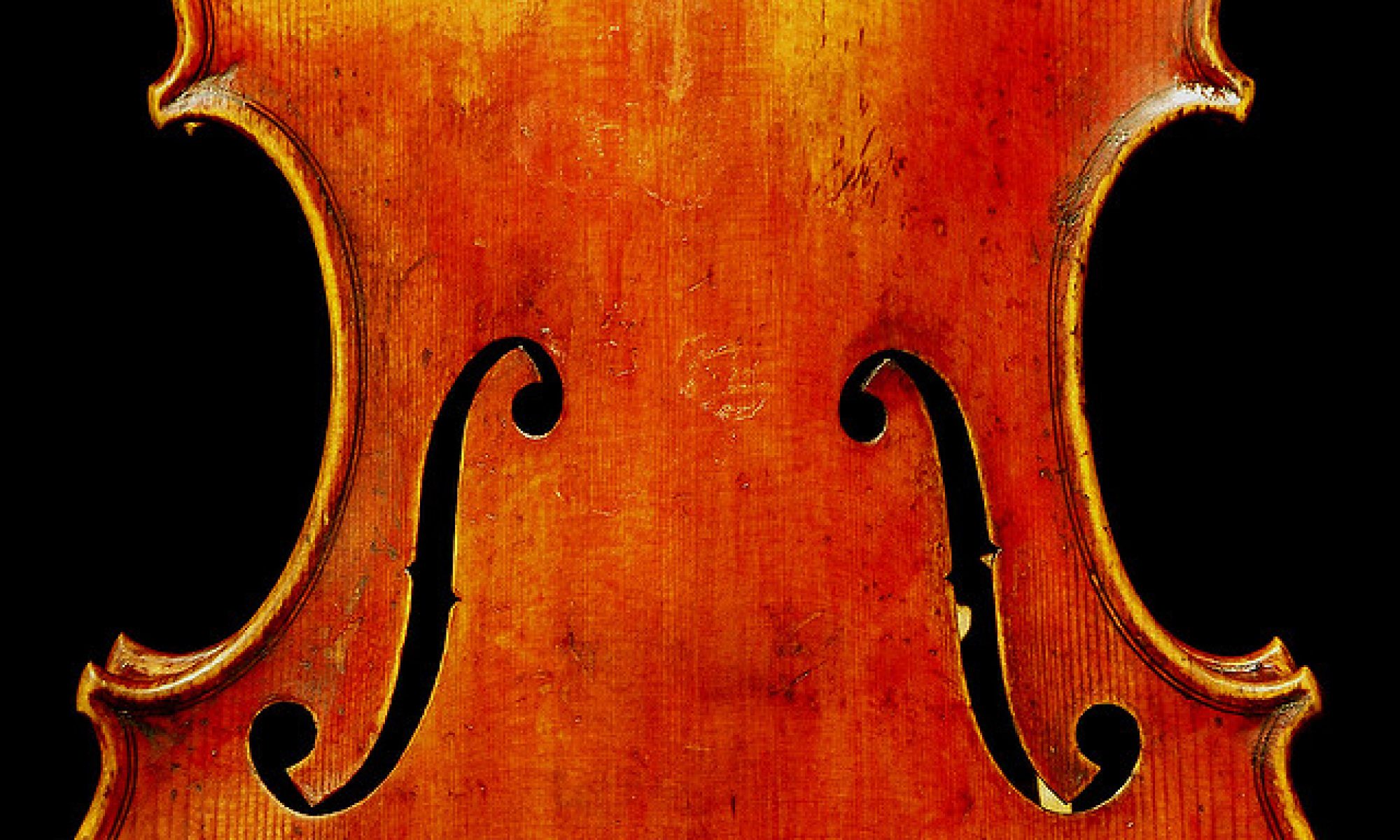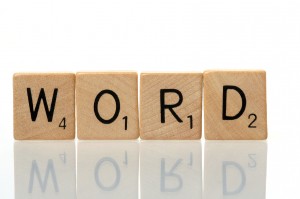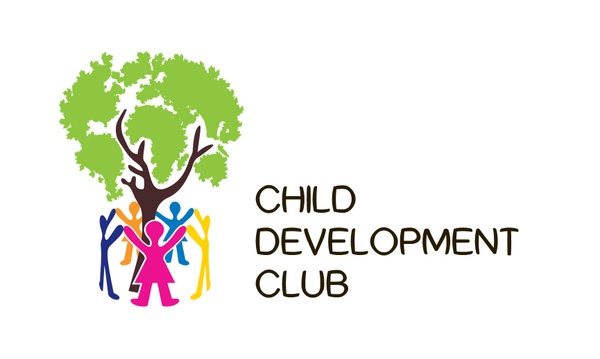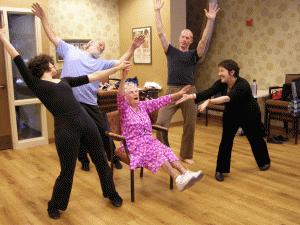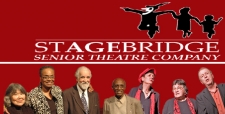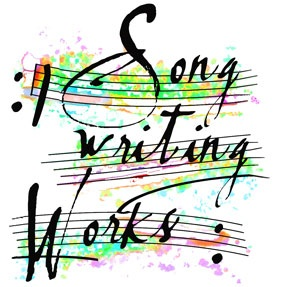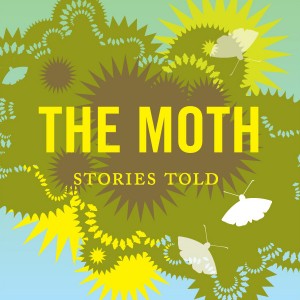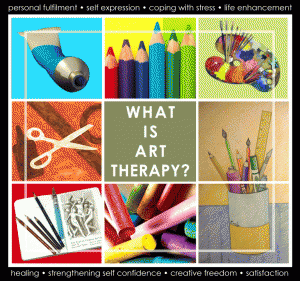Hello again. The next episode of the Thoughts on Music Therapy podcast is up for you to hear. We interview a family member of a patient receiving music therapy in hospice care. Feel free to listen and leave your comments on the site itself, or send them in an e-mail to me, at erin.lunde@soundmattersmusictherapy.com. Thank you in advance!
New project
I am really excited to announce that my colleague and friend Tim Oesau, MT-BC and I have launched our own podcast! The podcast is “Thoughts on Music Therapy,” and our hope is to speak about music therapy in the news as well as conduct interviews with creative arts therapists who may or may not work with music therapists. You can find the first episode at Thoughts on Music Therapy. We soon will have a more populated website, but for now, please e-mail me at erin.lunde@soundmattersmusictherapy.com with comments and/or questions. Thank you!
What are your words? February writing prompt
Today is already January 15. I will be putting up a submission next week for January’s writing prompt, “word of intention.” In February, I’ll be considering self-care.
February seems to be right in the middle of winter for us here in Minneapolis. I know the calendar says otherwise, but last year we had snow as late as May. I abhor the cold weather and snow generally sucks, in my opinion, so clearly I live in the wrong place. But, I’m here, and one major part of enduring the winter here has to be those pieces of the day that are attributed to self-care.
As professionals in a helping field, music therapists often talk about self-care. Do we really do it, though? What does “self-care” mean?
I’m curious about what “self-care” does not mean, too. I know much of the time, self-care is expressed in terms of daily activities. What are the things that we don’t do? What about self-talk? Do you combine that with self-care?
I want to hear from music therapists, art therapists, counselors, therapists, teachers, administrators, and anyone who uses self-care intentionally. Please write up a few words to describe what you do and don’t do for self-care, in relationship to your professional life. Send me your words here, and be sure to include your contact information and links, by February 15.
Child Development Club
Happy new year!
We’ve been traveling in the Midwest and in New York City over the past couple of weeks. This is our first full week back at work. There really is comfort in routine.
I am taking this opportunity to guide you to a new website to which I am a contributing blogger. The site is Child Development Club, and it was created by Laura Efinger, M.A. OT/L, CEIM, who lives and works in Cairo, Egypt. I’m excited to be a part of this community as it has writers of a variety of professions (including one other music therapist) who live all over the world.
Child Development Club’s mission:
The Child Development Club was created to support parents, care providers, educators, administrators, therapists and other professionals by providing relevant child development resources. Our goal is to provide international resources that adults can utilize with children, so children can thrive and be successful in activities of daily living no matter where they live. Our goal is also to provide a resource network that students can easily access and utilize on their own.
Feel free to find my latest post here.
Macalaster College
Thank you to Macalaster College for having me present during Wellness Wednesdays. I enjoyed the group and look forward to answering any further questions.
“Special Ed”
I do have a fantastic love for podcasts. One that has always been playing through my speakers is “This American Life.” I imagine you’ve heard it. A few weeks ago, the podcast rebroadcast the below episode called “Special Ed.” Take a listen.
Dance, storytelling, moths, and music
I am sorry to be missing the American Music Therapy Association National Conference this year, but alas, I simply will not be there.
***
Here in Minneapolis, though, I have been reading up (however briefly) on some information I’ve been given.
On Monday, one of my co-workers at the care center brought in an article published in the AARP Bulletin, entitled, “Living Art.” This co-worker is very active in theatre, and has even begun a drama group at the care center. I have been able to see their rehearsals, and I love seeing residents display a variety of talents.
Find the article here.
The author of the article definitely advocates for the benefits of creative expression in residents in assisted living and care centers. I was really happy to read about “The Dancing Heart” program, offered by the Kairos Dance Theatre right here in St. Paul, Minnesota.
The work of Stagebridge Theatre Company in Oakland, California, was also included in the piece, but of course what interested me most was the mention of Songwriting Works.
The mission of Songwriting Works is to “restore health and community through the power of song.” As the name implies, their intention is to spread the impact of songwriting to the elderly population. I was curious, as I perused their website, if there would be any mention of music therapy. In the FAQ page, there were some nicely worded summaries of the distinction between music therapy and their mission.
I am always excited to know what else there is out there.
*While reading about Stagebridge Theatre Company, I thought that the awesome podcast, The Moth, could venture out to the elderly population. That would be storytelling.
Art therapy
A few months ago, the care center where I work decided to trial mneme therapy. Mneme therapy “uses everyday pleasurable experiences such as singing, movement, story-telling and painting in a unique combination to stimulate sustained attentive focus(SAF)” (Source). Since then, my care center has hired a mneme therapist to come once a month and see six different residents per month (a resident receives only one session).
The head of the therapeutic recreation department, of which I am a member, had taken to calling mneme therapy “art therapy.” Because I’d never heard of this kind of therapy, I looked into it a little and found that no, it was definitely not art therapy. The information I found on the therapy makes clear that it is not art therapy; they are not trying to pass off as such. I found the following passage here.
Is this art therapy?
No. Unlike art therapy, MT is not a psychological process and does not require state licensing. Instead it uses everyday pleasurable experiences such as singing, movement, story-telling and painting in a unique combination to stimulate sustained attentive focus(SAF). SAF has been scientifically proven to initiate neuroplasticity or the ability of the brain to remap pathways and move functions.
I tried to make clear to my department head that there is a distinction between the therapies. Quite a distinction — many years of education, for one. I take issue with miscalling an activity or experience a creative arts therapy because there is so much effort and time that goes into becoming a licensed music therapist, art therapist, drama therapist, etc.
Calling mneme therapy “art therapy” seemed to fade away, until Monday at our department’s weekly planning meeting at which one of our administrators spoke to us about the facility’s new “art therapy fund.” He went on to say that donors can designate their funds to go to our “new art therapy program,” and continued to use this description for the mneme therapy we have. He left very quickly, but I was able to bring up the distinction and my concerns at the meeting. My thinking is that if we are telling the public that we do, in fact, have art therapy, then we should, in fact, have art therapy. I have no problem with mneme therapy, so far as I know about it. I do take issue with calling something that it’s not.
